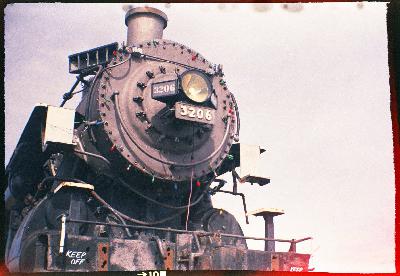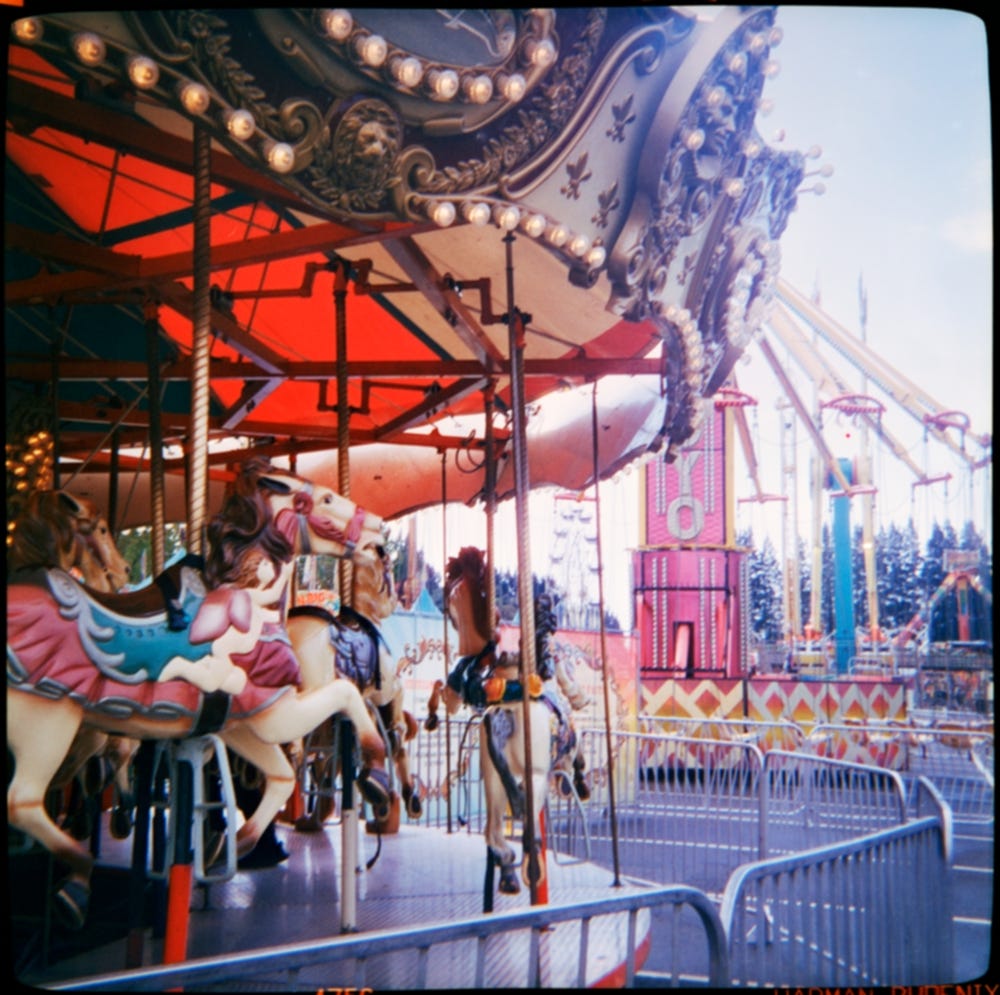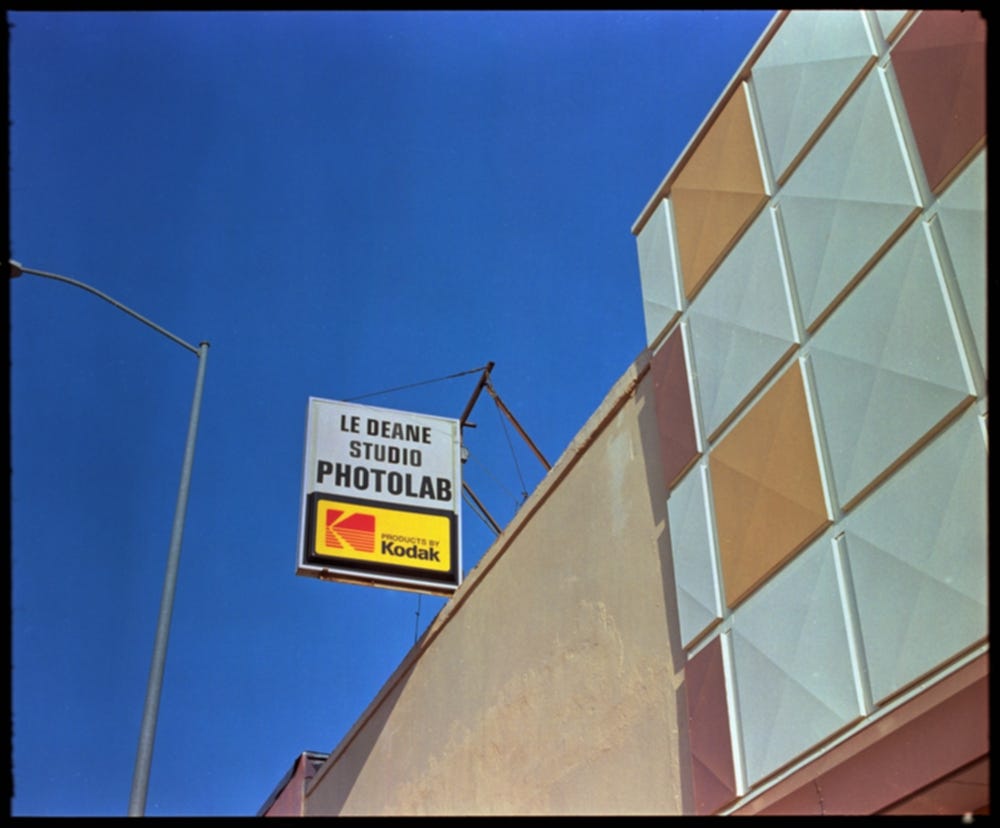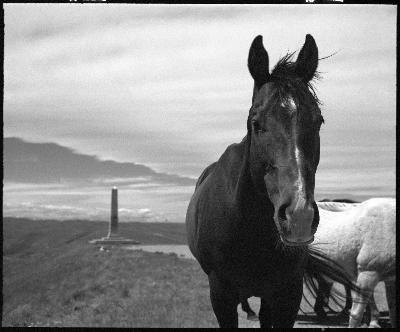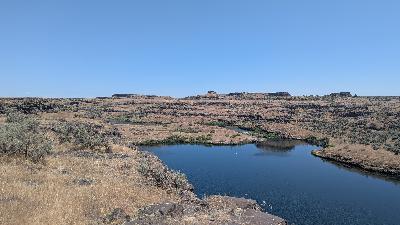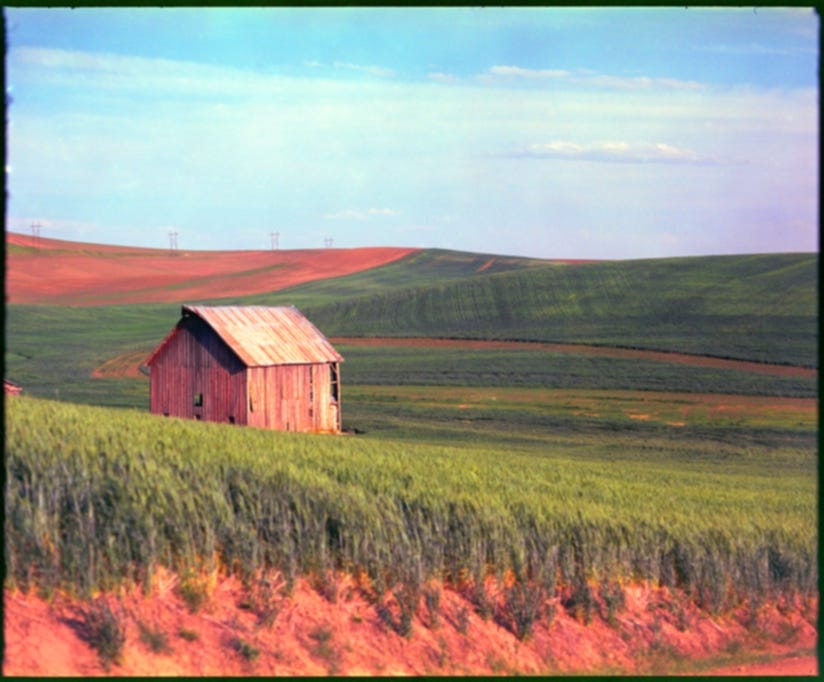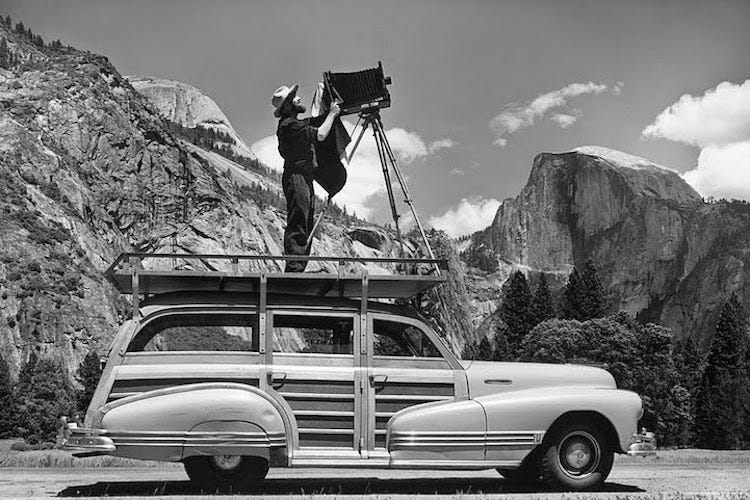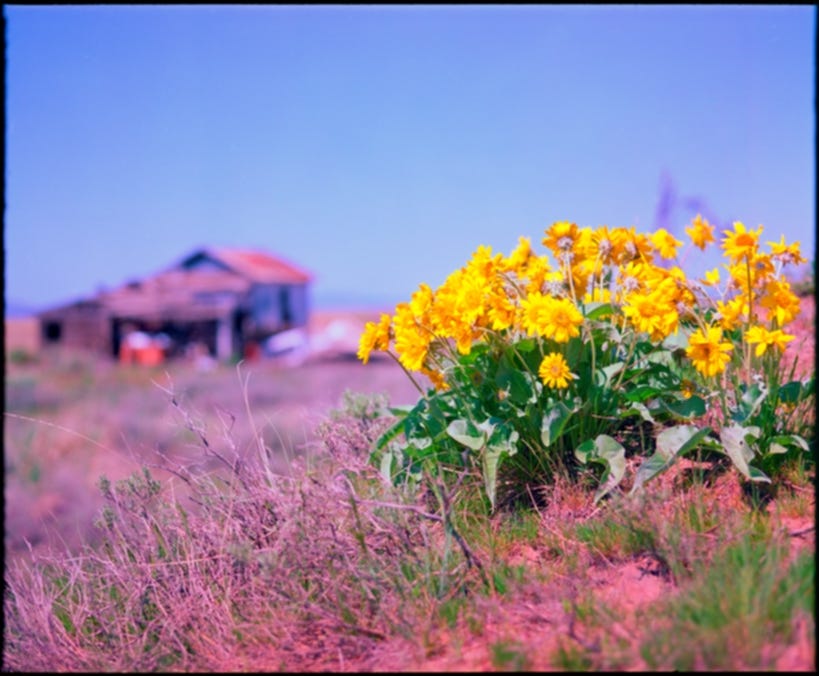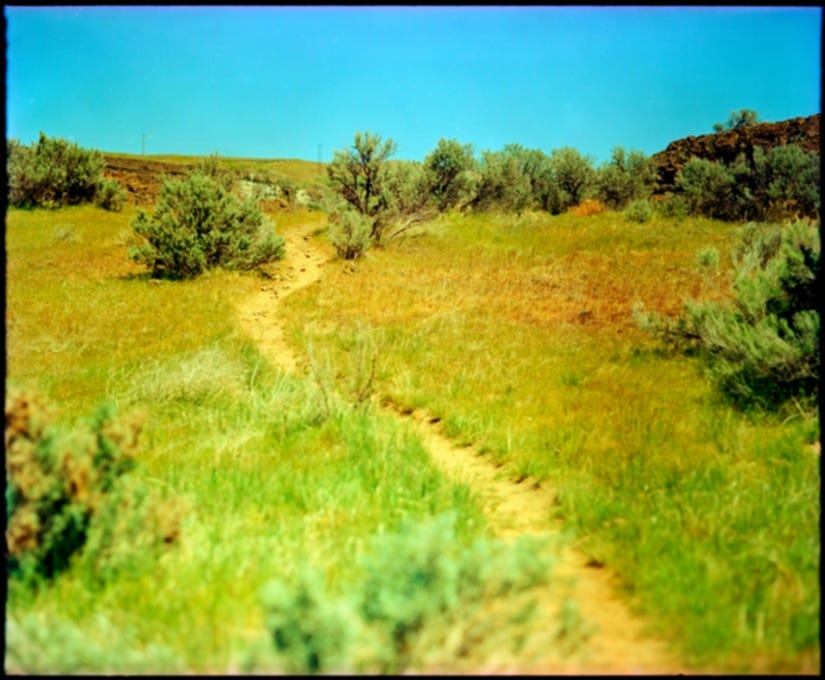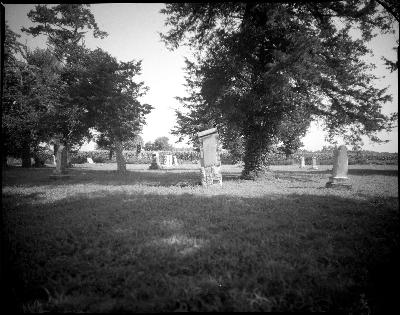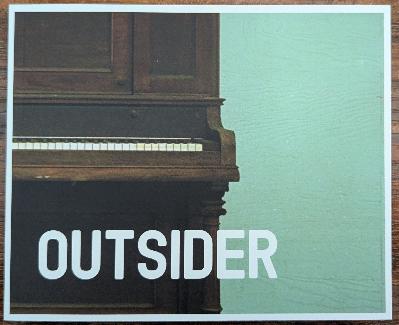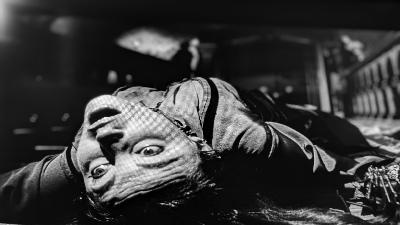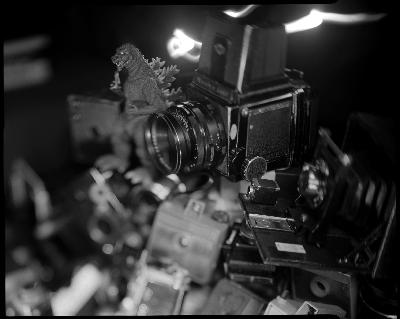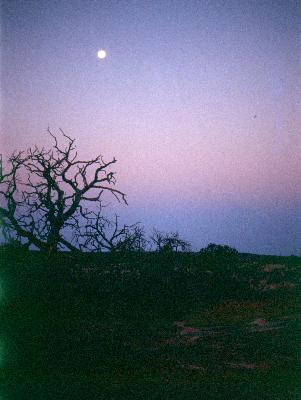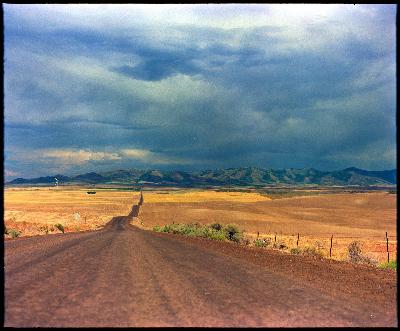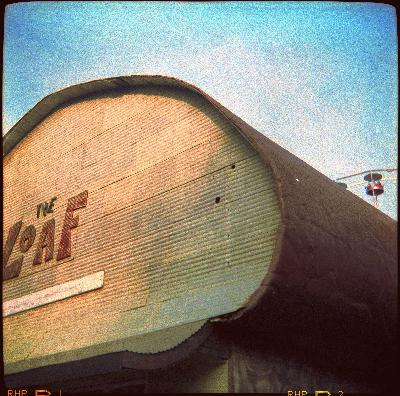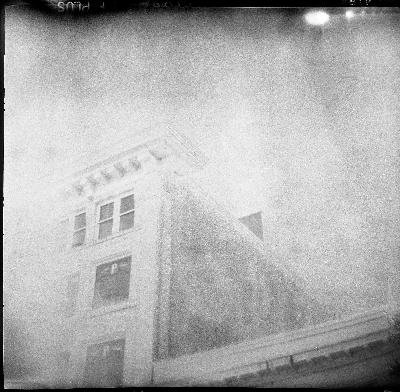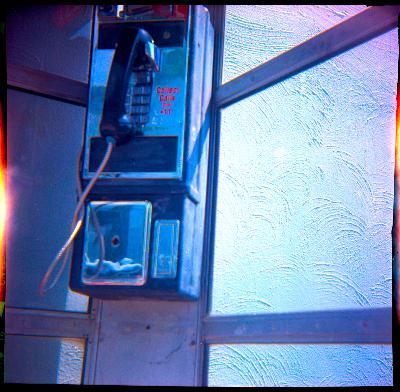Photography is a Hobby and That's Okay
Description
Did you ever have someone get really intense with you over something you said? They were insistent, and even their arguments seemed a bit more involved than just boring semantics. Maybe they were even angry. And it’s someone whose opinion you valued, so immediately, you took a step back and gave a long think to whatever you said and how you said it. Then, after quite a bit of soul-searching introspection, you concluded that you were still right and what the hell was that all about?
One time I was casually talking to a fellow film photographer about how much time we all spend on film photography - “it’s our hobby,” I said, “it’s what we do.” They were really unimpressed with this. I wasn’t trying to be deep or even thought-out, but they took offense.
“Photography is NOT just a hobby,” they said, using the word “just” to fully and completely separate what they did for fun from what other people do for fun. “Photography is everything! It’s our artistic outlet, our means of communicating our emotions, it’s how we see the entire world!”
And that’s all true. But this photographer, like me, was not a professional. They spent far more money on photography than they saw in any returns from print sales, etc. We were pretty much on the same level of photographic intensity. It was indeed our lives, it’s what we thought of when we woke up and what we dreamed about when asleep. Every second of our day was consumed by photography.
At that point, I was more than happy with thinking of photography as my hobby, and myself as an amateur photographer. It’s a thing I did in my free time, and I didn’t get paid (in the sense that if this were a business, I’d have been bankrupt years ago). And this argumentative photographer was there too.
This conversation took me aback. Did I misunderstand what a hobby was? Was I not arting well enough? Was my photography lacking or inferior because I was fine with it being a hobby?
What is a Hobby?
At first, my suspicion was that maybe we were using two drastically different definitions of “hobby.” Wasn’t a hobby just a fun thing you did in your free time because you enjoyed it?
After collecting a few opinions on the matter, I hit the dictionaries and discovered, yes, that’s basically the definition we’ve all agreed upon in the English speaking world.
The entire idea of having a hobby is something that didn’t come about until fairly recently in Western history. It seems that the concept didn’t even invent itself until the 1500s when some wealthy people suddenly found themselves with nothing to do and they filled this free time with stuff that seemed like work (and actually was work to poorer people – like woodworking, needlepoint, and baking), but was actually something they did for pleasure.
The word hobby comes from the “hobby horse,” – a stick with a fake horse head on it. For some reason, possibly involving Tristam Shandy, that phrase was expanded to mean leisurely pastime. Eventually, the “horse” was dropped and “hobby” remained.
At first it was seen as a privilege to have a hobby. But by the 1600s, “hobby” had taken on a negative connotation. Maybe this was when the phrase muttered by every shitty boss everywhere came into being: “if you can lean, you can clean.” It is almost certainly tied to the Protestant work ethic. Hobbies were seen as play, and play was something for children. Western Civilization has been in decline since then. (I’m joking, of course, it was already well on its way.)
We have much more free time today than we did in the 1600s. However, we are also living through a period where free time is valued less and less, especially in the United States.
For me, photography is a hobby. It’s probably a hobby for you too, and that’s okay. I also have other hobbies. Obviously, etymology is one of them. So are music and movies. I recently got a fountain pen and I suppose I could make that a hobby if I wanted to (I probably don’t, and that’s okay too). Writing is probably second to photography and scratches many of the same itches.
Is Collecting Cameras a Hobby? Is it Photography?
Caught up in all of this is the strange fact that film photography actually encompasses two completely different hobbies. We have photographers and camera collectors. This is muddied even farther since the Venn diagram depicting the crossover is nearly a circle. Most film photographers have a collection of cameras, and most camera collectors are also photographers.
Some of the desire to draw a line between photography and hobbies comes from this. In some ways, I get it. I really hate gear talk. When photographers start talking lenses, I basically die inside. I just can’t do it. I just don’t care.
It’s not that I think it’s beneath me or not artistic enough, it just doesn’t interest me in the same way that knitters talking about different gauges of needles doesn’t interest me. That’s not my hobby.
I mean, I have a bunch of cameras like most other film photographers these days, but I don’t care much about them (and yes, this is a whole other thing I need to talk about someday). They’re fun to look at, and I’m basically fine with them being there, but I’m not a gear person. When someone asks me which lens I’m using, I have to look it up. I just don’t care enough to remember.
But I guess you could still call me a camera collector, or at least, a guy with a camera collection.
I’m the perfect candidate to look down on those photographers whose focus is gear rather than art. And I admit, it’s really ingrained in us to feel this way. It’s difficult not to. But it’s also shitty, and it’s important that we get over ourselves. Let people find their joy just as they let us find ours. And who’s to say our joy is more joyful, more pure?
Photography isn’t JUST a Hobby!
When someone says “photography isn’t just a hobby,” they’re actually admitting the 17th century Protestant work ethic idea that hobbies are childish, that hobbies aren’t important is true. They’re implying what they’re doing is art and is endlessly more important.
Calling your artistic pursuit a hobby doesn’t diminish what you love; instead, it recognizes that the love other people have for their pursuits is just as worthy and wonderful as yours. Calling it a hobby doesn’t lessen your skills and expertise. It doesn’t make you less of an artist. It’s just a good way to remind yourself that you’re doing this for the joy of it.
The problem with saying “photography is just a hobby” is that we’re also conceding that it is a hobby, but it’s also much more. And it is! Two things can be true! Most hobbies are more than just one thing. Most hobbies involve something that sets them apart from other hobbies. There’s a lot in photography that is unique to photography, but it’s not more unique than the specifics of literally any other hobby.
For me, the go-to example of a hobby is model railroading. It’s nice, pretty much everyone agrees that it’s a hobby, even model railroaders (is this because they’re not pretentious?). Model railroading involves a crazy amount of artistry, physics, research, skill, and free time. There are people even more into model railroading than we are into photography, I promise you. Pretty well anyone would agree that a good model railroad layout is a work of art, and yet they’re never counted amongst other artists. They sculpt, yet aren’t seen as sculptors. They paint, yet nobody calls them painters. They’re often pretty good photographers, too. But that’s not what they lead with. They are hobbyists and seem to understand the actual value of that word.
Meanwhile, we’re over here insisting that “photography isn’t just a hobby” because we can frame a picture and push a button. Maybe we need to recalibrate our enthusiasm.
The Way Out of Hobbies is Dumb
Film photography came back into prominence during a strange intersection of nostalgia and recession. It came about when vinyl records started making a comeback (for some, anyway – I never stopped). Things were turning very digital very quickly, and we longed for the analog.
Digital photography had completely usurped film photography, and nobody but the extreme purists and hobbyists continued to use film. Camera companies had stopped making new cameras, most emulsions were discontinued, Ebay and garage sales were stocked high with grandpa’s old gear.
This allowed for a very low threshold of entry for new and returning photographers. In many ways, this was equalizing. Suddenly, you didn’t have to be a professional wedding photographer to afford a Mamiya RB67 (the greatest medium format camera ever made) and a few rolls of (likely expired) slide film.
Soon, an entirely new community grew from where there was none. The old gatekeepers in their photography clubs were either ignored or ousted, as thousands of new photographers entered the hobby.
Unfortunately, this happened during the rise of hustle culture, a form of workaholism where pretty much every waking minute is somehow commodified. Often, it was done out of necessity, but like with anything, most people took it too far.
When it came to photography, selling prints, zines, and books had always been a thing. With the introduction of hustle culture, all of those were amped up, and things like seminars, tutorials, and even collaborations ended up seeming more scammy than useful.
This led to a very straight and dark line between consumers and producers, separating film photographers from those who do it as a hobby and those who were serious enough to charge money for doing it as a hobby.
We like to say that this kind of thing democratizes art. We like to think that since we don’t have to rely upon publishers and g

